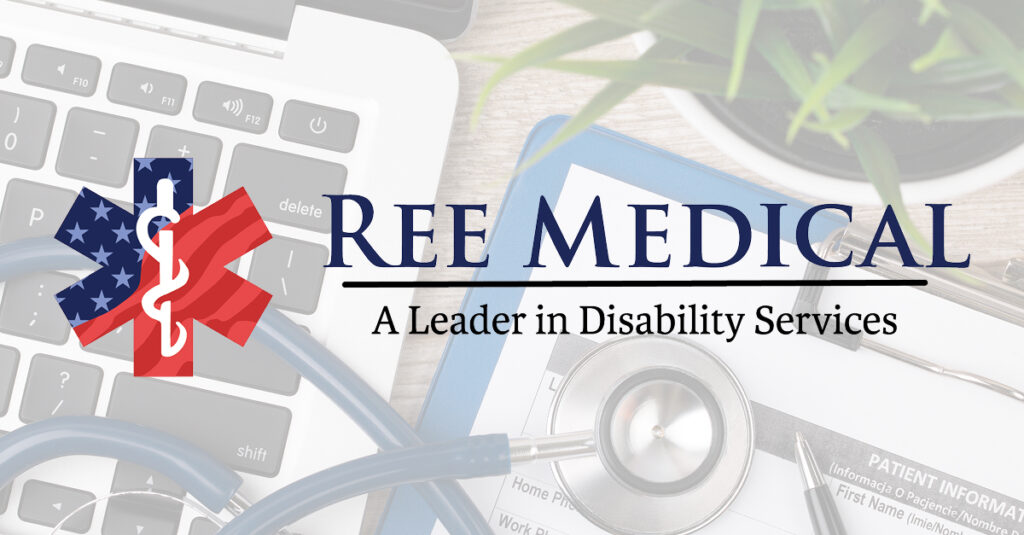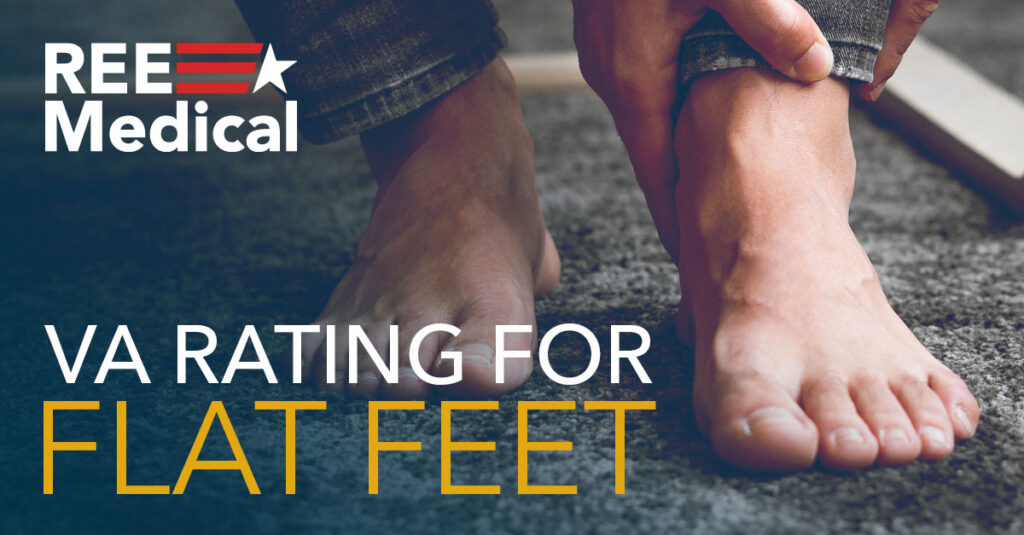Filing Veteran claims through the Department of Veterans Affairs (VA) can be complex, especially when vital documents like medical records are missing. For many Veterans, gathering medical documentation from years ago — or even recent service-related incidents — is challenging due to lost files, lack of diagnoses, or inconsistent recordkeeping. At REE Medical, we understand how frustrating and disheartening this can be.
So, can you file a VA claim without medical records? The short answer is: yes, it’s possible. However, the process will require additional steps to substantiate your claim. In this blog, we’ll explain what you can do if your medical records are missing, what alternatives you can use, and how REE Medical helps Veterans strengthen their claims even without complete documentation.
Understanding the Importance of Medical Records in Veteran Claims
Medical records are often seen as the cornerstone of successful Veteran claims. They provide the VA with evidence that a current disability or condition is connected to your military service.
Typically, the VA looks for three elements in a claim:
- A current diagnosed disability
- An in-service event, injury, or illness
- A medical nexus connecting the two
Medical records can provide proof for all three of these elements. But what happens if you don’t have them?
Can You Still File a VA Claim Without Medical Records?
Yes — Veterans can still file a VA disability claim even without medical records, but your case will rely heavily on alternate forms of evidence and strong advocacy.
The VA has a “duty to assist,” which means they are required to help you obtain evidence necessary to support your claim. Still, the burden is partially on you to present compelling support for your case. That’s where working with professionals like REE Medical becomes essential.
Alternative Forms of Evidence You Can Use
The VA accepts other documentation if your medical records are missing or incomplete. Here are some types of evidence that can strengthen Veteran claims:
1. Lay Statements and Buddy Letters
Lay statements — written by you or people who know you — can describe your symptoms, how they began, and how they’ve impacted your life. Buddy letters from fellow service members who witnessed your injury or can confirm in-service events are powerful tools to fill in the gaps.
2. Private Medical Opinions
A credible Independent Medical Opinion (IMO) from a licensed medical professional can be a game-changer, mainly when it includes a thorough review of your health history and a clear explanation connecting your condition to military service. REE Medical coordinates independent medical evaluations that carry weight in the VA system.
3. Service Records
While they may not include medical details, your service records can provide information about incidents, deployments, or duties that might have contributed to your disability. These records help establish the in-service event part of your claim.
4. Post-Service Medical Treatment
If you’ve received care after your service — even from civilian doctors — those records may demonstrate continuity of symptoms, helping to establish a long-term pattern that supports your claim.
How REE Medical Helps Veterans With Incomplete Records
At REE Medical, we work with Veterans facing all documentation challenges. Every Veteran deserves a fair evaluation, even if paperwork is missing or incomplete.
Here’s how we assist with Veteran claims:
Comprehensive Case Review
Our team evaluates your service history, current symptoms, and available evidence to determine the best strategy for your claim. We understand the VA system and know how to highlight the correct details.
Coordination of Independent Medical Evaluations
We connect Veterans with trusted, experienced medical professionals who understand VA disability requirements. Even if you don’t have existing medical records, a thorough evaluation can provide the necessary documentation — including a nexus letter if appropriate.
Support From Start to Finish
We don’t just hand off paperwork — we walk with you through every step of the claims process. We ensure your evidence is comprehensive, clearly written, and tailored to what the VA needs to approve your case.
Common Reasons Veterans Don’t Have Medical Records
You’re not alone if your service medical records are incomplete or missing. Some common reasons include:
- Lost records from old military hospitals
- Transition from active duty to civilian life without proper documentation
- Injuries or symptoms not documented during service
- Classified missions where details can’t be easily disclosed
Missing records shouldn’t stop you from filing. Veteran claims should be based on your experiences, not just what was written down decades ago.
Filing a Claim Without Records: Realistic Expectations
While winning a claim without medical records is possible, it’s essential to understand that evidence matters. Without documentation, the VA may deny your claim due to lack of proof. That’s why preparation is so necessary. Veterans who submit well-organized claims — with medical opinions, lay statements, and detailed timelines — tend to see better outcomes.
REE Medical’s services are designed to give your claim that edge. Our independent medical evaluations and documentation are prepared to VA standards, helping you build the strongest case possible, even without past medical files.
FAQ: Filing Veteran Claims Without Medical Records
Q: Will the VA help me find my missing medical records?
A: Yes, the VA must assist. They may request documents from the National Archives or military medical facilities on your behalf.
Q: Can REE Medical help if I was never diagnosed during service?
A: Absolutely. We help Veterans obtain professional evaluations and opinions that link current diagnoses to service, even without a historical diagnosis on file.
Q: Is it worth filing a claim without full records?
A: Yes. Many Veterans win claims without complete documentation — especially when supported by strong independent evidence. It’s always worth applying.
Q: What if my service-connected condition wasn’t diagnosed or treated while I was on active duty?
A: A diagnosis made after your time in service can still be considered service-connected. If you have medical records from your time in service that relate to the condition, they can strengthen the connection. Even without those records, REE Medical’s independent providers can review your existing diagnosis, personal history, and other supporting evidence to offer a medical opinion linking the condition to your military service, even if it was not formally diagnosed or treated during active duty.
Don’t Let Missing Records Stop You
Missing or incomplete medical records should not keep you from getting the benefits you’ve earned. With the proper guidance, medical evaluations, and strategic documentation, your Veteran claim can still be successful.
Whether you’re just getting started or pursuing an appeal after a denied claim, REE Medical is your trusted partner in navigating the VA disability process. While claim denials themselves are outside the scope of our services, we can provide independent medical evidence to support your appeal. Contact the team at REE Medical for a confidential consultation, and together we can present the strongest case possible.





